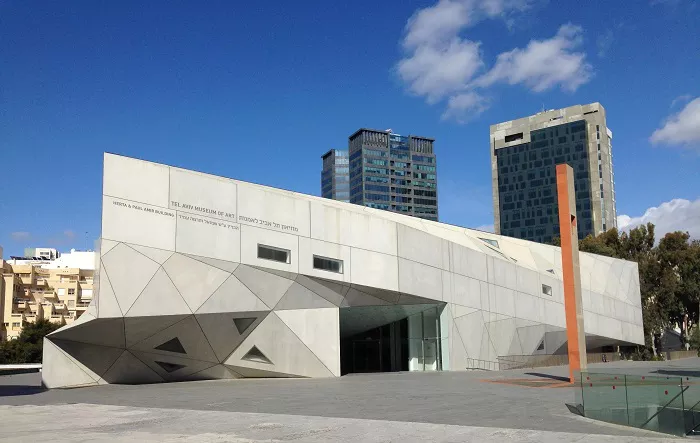Despite the ongoing conflict in Israel, the Tel Aviv Museum of Art (TAMA) has secured its place as the 78th most-visited museum in the world, according to The Art Newspaper’s annual ranking of the top global museums. This marks the seventh consecutive year that the museum has been included in the prestigious list, which is based on visitor numbers from leading museums worldwide.
The ranking, which was published at the beginning of April, comes at a time of heightened tensions in Israel. TAMA’s inclusion is particularly notable, given the challenges posed by the war and the broader cultural boycott against Israel in the international art community. In 2024, the museum welcomed 1,057,362 visitors, despite these challenges.
Located next to Hostages Square in Tel Aviv – a site of intense emotional significance due to the kidnapping of Israeli civilians to Gaza on October 7 – the museum has become more than just a cultural landmark. It serves as a place of solidarity and healing for the community, which has faced enormous challenges in the past year.
The British Museum, the Vatican Museums, and the Louvre took the top three spots in this year’s ranking.
One of the standout exhibitions at TAMA over the past year was To Catch a Fleeting Moment: 150 Years of Impressionism. This popular exhibition was displayed in a specially protected area within the museum, designed to safeguard both the artwork and visitors from potential missile attacks.
“I am particularly proud that during these difficult times, the Tel Aviv Museum of Art is receiving international recognition and securing its place among the world’s leading museums,” said Tania Coen-Uzzielli, the museum’s director. “Located next to Hostages Square, which has become an inseparable part of us over the past year, the museum has become a cultural anchor for Israeli society, a healing space for many communities, and a source of comfort and hope for the public.”
TAMA’s continued recognition in this challenging period underscores the resilience of both the museum and the Israeli cultural community as a whole.

